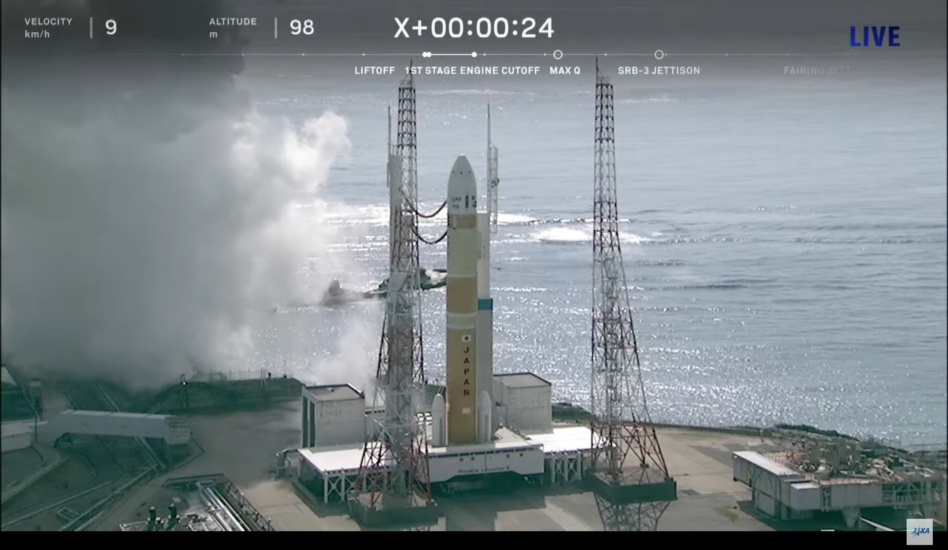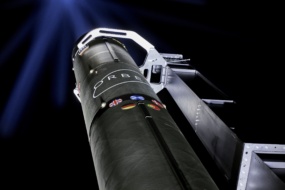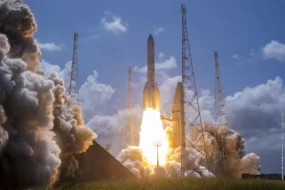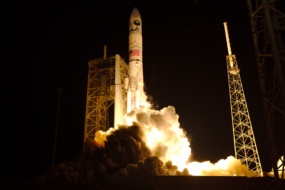Japan has been working to build its new H3 rocket for the past decade. Last night, JAXA attempted to launch it for the first time, but aborted the flight at T-0.
The road to launch: JAXA originally greenlit the H3 rocket in 2013 as a more cost-effective successor of the H2-A, which the Japanese space agency debuted in 2001. H2-A is comparable to the Falcon 9 in terms of mass-to-orbit but costs significantly more to launch, at ~$90M vs. $67M for the SpaceX workhorse.
JAXA contracted Mitsubishi Heavy Industries to build H3, an expendable rocket with similar lift capabilities and target price point of $51M per launch. H3’s maiden flight was initially penciled in for 2020, but Mitsubishi ran into engine testing snags that led to schedule slips.
The aborted debut: Countdown to launch proceeded as planned. At 8:37pm ET, the rocket’s two LE-9 engines on the core stage ignited, but its two solid rocket boosters failed. The agency is now investigating what went wrong.
The rocket was meant to deliver the ALOS-3 satellite to a sun-synchronous orbit for JAXA. ALOS-3, which stands for Advanced Land Observing Satellite-3, carries a sensor with 0.8m resolution to scan regions up to 70 km in width.
A path forward? The commercial launch landscape has changed considerably since Mitsubishi kicked off the H3 program. Falcon 9 has been building flight heritage since 2016, and it’s now the world’s most reliable, frequently flown and reflown rocket. It’s unlikely H3 can outcompete Falcon 9 on price out of the gate, and it’ll be a long time before it can demonstrate comparable reliability.





